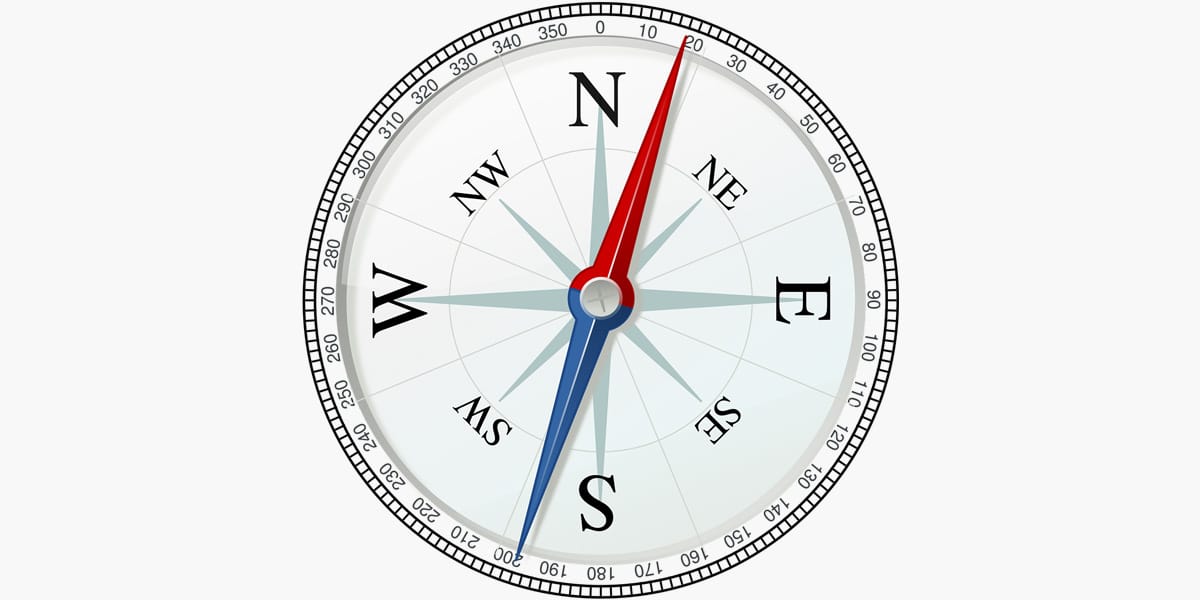“Know yourself.” -Socrates
The basis of vocational guidance and career coaching is awareness. Without awareness, we are lost, we encounter a dead end, or hit our heads against a wall.
Before searching for a job, clarify what kind of job fits your personality, needs, interests, and values. In other words, answer the following questions:
- What’s my personality type?
- What do I need the most? (e.g. money, a house, self-fulfillment, etc…)
- What do I like? (e.g. teaching people, dealing with math and numbers, etc…)
- What’s important for me? (e.g. climbing the career ladder, having time for my family, etc.)
If you don’t clarify your personality characteristics, interests, and values, you risk looking in the wrong place and being unhappy for the rest of your life.
Once these points are clear, focus your efforts in the right direction to get the best the job for you.
John Holland, an American psychologist and John Hopkins University professor, developed a personality model to help job seekers understand which job matches their personality and interests. This model is called the RIASEC model.
Holland identified six personality types represented in a hexagon. The closer the personality types, the more characteristics you have in common, and vice versa.
Below is a short description of the personality types and some of the associated jobs. Remember that this is a generalization, and you can fit into more than one type, but you probably have the dominant personality type.
Realistic
A “realistic” person is practical, concrete, straightforward, and prefers to work alone rather than with other people. They may be interested in manual jobs and physical activities: build, fix, repair, and assemble things or mechanical tools; use machines or drive public transportation; play sports; or work with plants or animals.
Some career possibilities for realistic people are mechanic, electrician, vet, sportsperson, horticulturalist, factory/construction site worker, athlete, pilot, driver, software technician, armed services personnel, and artisan.
Investigative
An “investigative” person is inquisitive, analytical, scientific, and observant. They may be interested in analytical and logical computing, calculating, diagnosing, solving logic or math problems, abstract thinking, experimenting, and investigating. Some career possibilities for investigative people are: chemist, actuary, biologist, biochemist, dentist, engineer, economist, mathematician, physician, researcher, and statistician.
Artistic
An “artistic person” is creative, imaginative, unconventional, emotional, original, introspective, expressive, impulsive, sensitive, complicated, and idealistic. They may be interested in using art, poetry, writing, music, or drama to express themselves, create or design things. Some career possibilities for artistic people are: artist, illustrator, photographer, illustrator, singer, composer, musician, dancer, actor, reporter, writer, editor, hairdresser, advertiser, architect, and designer.
Social
A “social” person is friendly, helpful, outgoing, cooperative, responsible, patient, and kind. They may be interested in teaching, training, coaching, informing, helping, curing, caring, and assisting others. Some career possibilities for social people are: teacher, nurse, social worker, psychologist, and customer service representative
.
Enterprising
An “enterprising” person is assertive, persuasive, self-confident, energetic, ambitious, optimistic, adventurous, and sociable. They may be interested in selling, convincing and persuading people, giving talks or speeches, organizing activities, and leading a group. Some career possibilities for enterprising people are: salesperson, lawyer, politician, entrepreneur, music or sports promoter, executive or manager.
Conventional
A “conventional” person is efficient, careful, precise, conformed, and organized and conscientious. They may be interested in doing paper work, keeping records, writing business letters, working with numbers, collecting or organizing things, and organizing schedules. Some career possibilities for conventional people are: secretary, receptionist, office worker, computer operator, librarian, accountant, internal auditor, bank clerk, and administrative assistant.
A person can have more than one personality type, but usually t is dominant. If you fit two personality types, consider professions that have the features of both. For instance, a person can be both realistic and social, so some career possibilities might include sport coach, nurse, or physical therapist. They are practical and social activities.
I hope you will be able to make great career decisions by increasing your awareness about yourself, your personality, needs, and interests.
Dr. Andrea Miriello
Business Psychologist
Consultant, Business Coach, and Trainer

